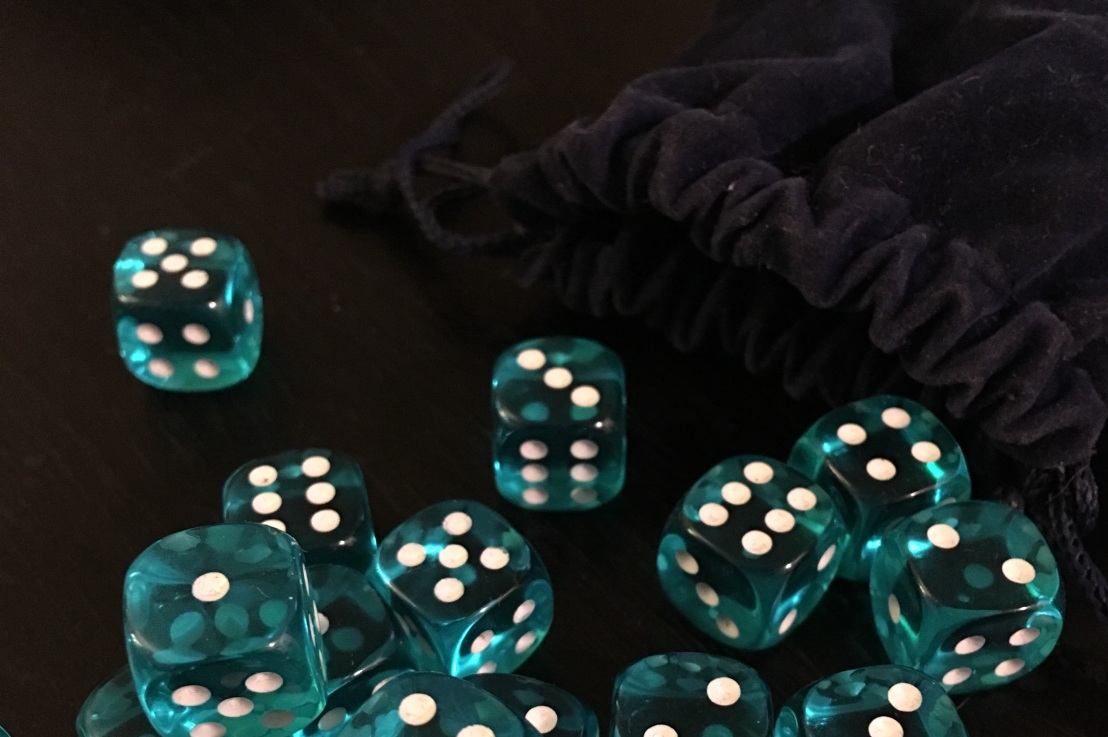Whether in the real world or at the gaming table, many people have stereotypes and expectations about an individual’s race. Today I won’t be taking about real world racial stereotyping (although I have a lot to say on that matter as well). This post is about avoiding, challenging, and breaking the stereotypes of in-game races in your tabletop roleplaying games. We’ve all seen them, and we can all name more than a few. Elves are effeminate, orcs are big green and ugly, dragons sit on piles of gold they’ll never spend, and dark elves are evil and live in the Underdark unless accompanied by a pet panther and duel wielding scimitars. These tropes of gaming are part of why some of fell in love with these games in the first place. They’ve become so ingrained in the way we view these fictional races, we seldom have room left for diversity in our player characters as well as our non-player characters. But… doesn’t it get a little stale after a while?
One of the most abused victims of racial stereotypes in tabletop games, especially fantasy ones, is orcs. The Tolkien style orc is and evil ravenous monster, but also severely incompetent on an individual level when it comes to social interaction and intelligence. Obviously, the physical stats of an orc usually lend to this portrayal. But what if an orc wasn’t a monstrous idiot with a club? It seems a bit odd that an entire race of beings in a world not only share the exact same character traits, but also the same skill affinities, and areas of competence as well. A great way to challenge the stale stereotype of an orc would be to make one a wizard, or even a bard. Maybe even a bard who, even though an orc, is still charismatic and conventionally attractive to the average person. How would such an orc be viewed by the rest of orc society?
This brings me to my next point. A great way to challenge a racial stereotype is to change an entire race’s generally accepted stereotypes in your world. I understand this means that they/ll still have stereotypes, but if they’re new and fresh, they won’t seem as rehashed and tiresome to you and your players. Let’s use the example of dragons this time. We all know dragons like to sit one piles and piles of money that they seemingly have no use for, and don’t want to share with anyone. What if this obsession was changed to a different type of wealth? Imagine a dragon who, instead of gold and valuables, seeks to horde political power. Who could stand in the way of an evil greatwyrm red dragon that would stop at nothing to become the supreme ruler of an entire nation (Hopefully your players!). Changing this stereotype doesn’t solve the issue of members of a race or species all having the same goals and skills, but it does change the way they’re perceived as a species. The swap from gold to power is a small one, especially since for most humans the two cravings are in no way mutually exclusive. It doesn’t have to be a substantial change in the way the race is defined, just something that shows your dragons aren’t like every other rendition that exists in everything from games to literature to movies.
Remember that when you’re creating a world for a campaign, it’s YOUR world. If you love the tropes and stereotypes associated with a race, then use them. Just don’t stick with them because “that’s just the way elves are”. Make your world unique, and make your characters unique as well. Do you have any examples from your own games that defy the norms and tropes for a character’s race? Tell me in the comments!
– Goluptious Geek

I love the idea of playing with racial conventions in RPGs, although typically I’ve dealt with it by using more obscure races that my players aren’t familiar with. That way we get around the stereotypes altogether. Next time I run a fantasy RPG though I definitely want to experiment with the idea of what an “elf” or a “dwarf” is like. Great article, it’s a compelling subject to think about!
LikeLiked by 2 people